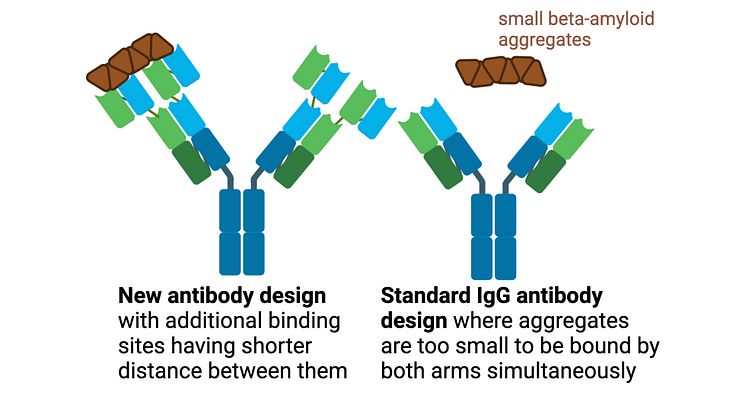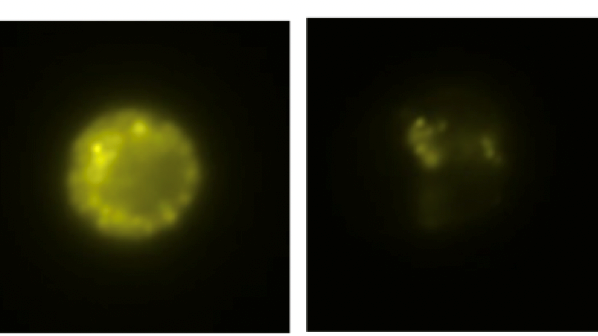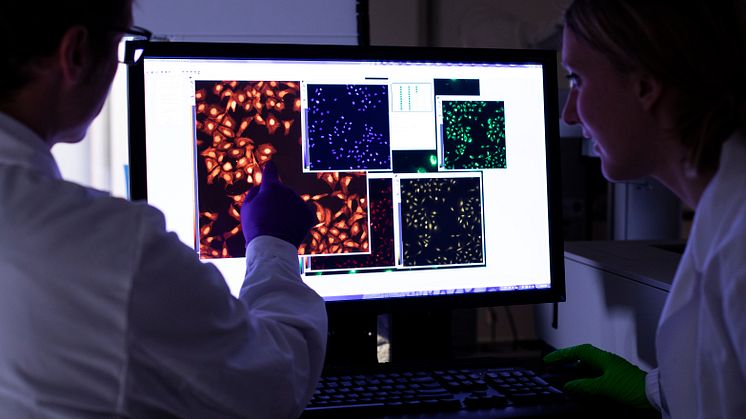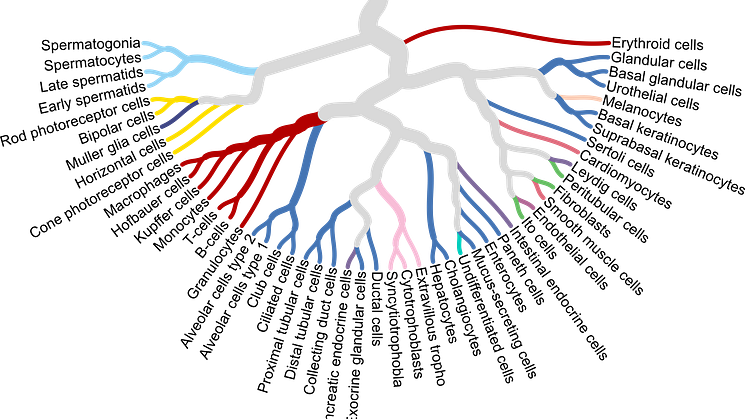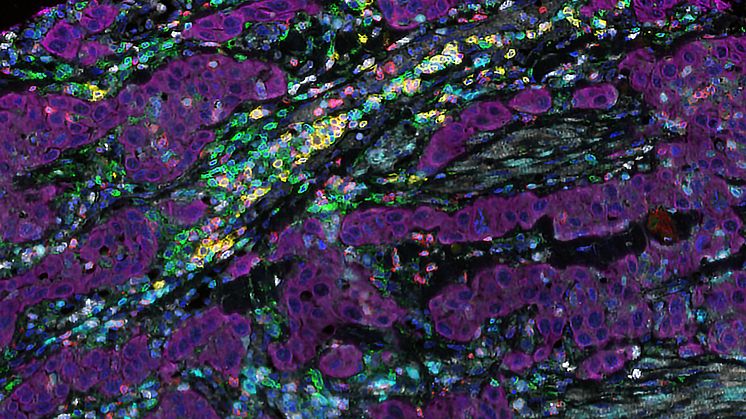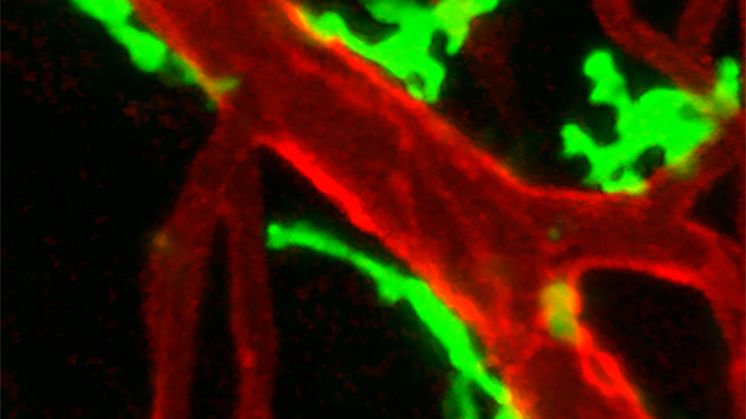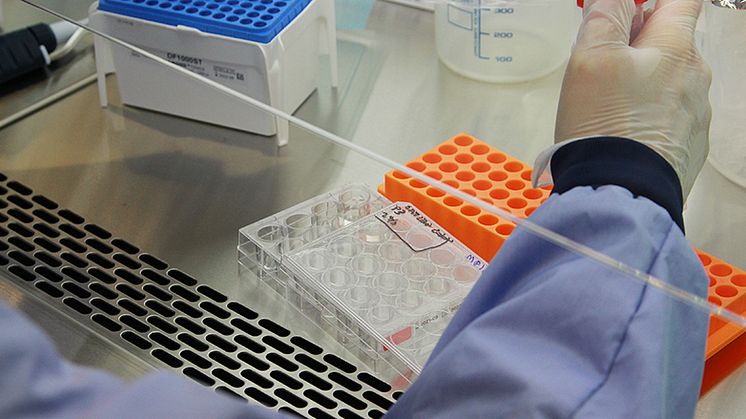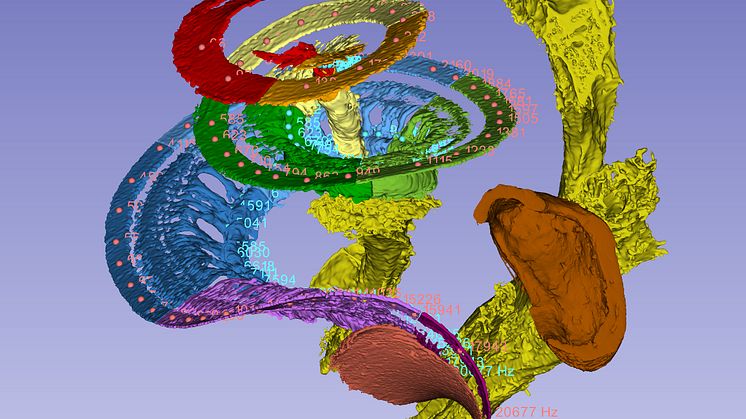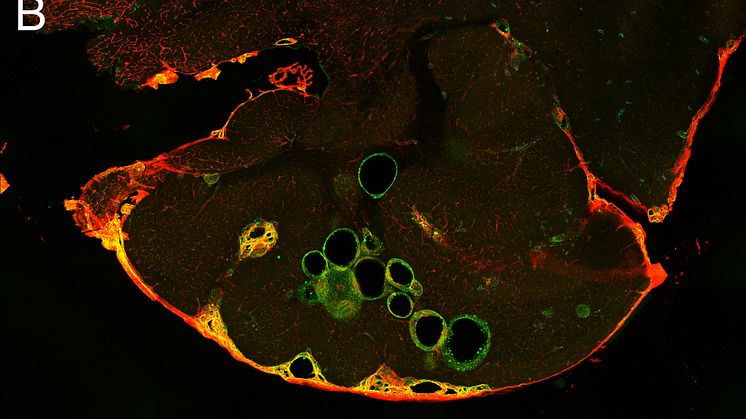T-cell tests unreliable in establishing previous COVID-19
Can T-cell tests be used to determine whether people have had COVID-19? Scientists at Uppsala University and Karolinska Institutet have jointly analysed this issue under the aegis of the COMMUNITY study at Danderyd Hospital. Their study is published in the scientific journal PLOS ONE.
